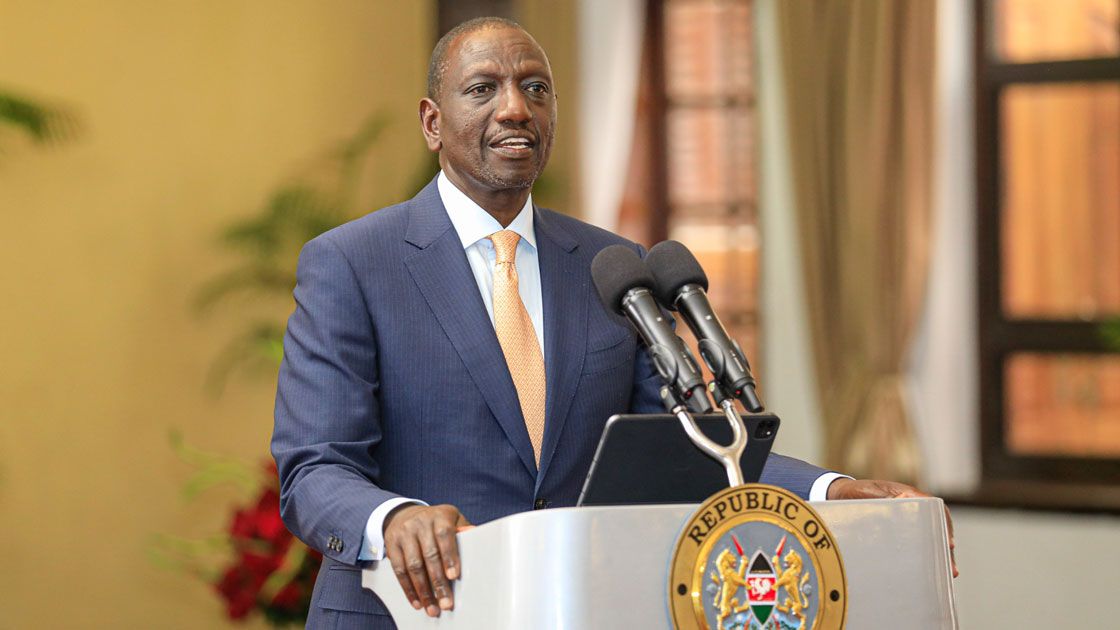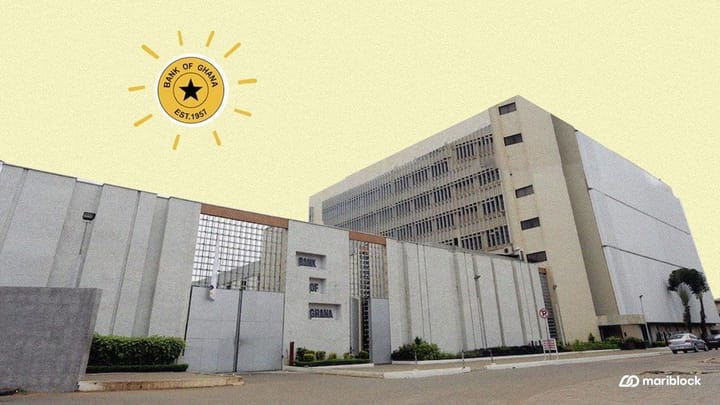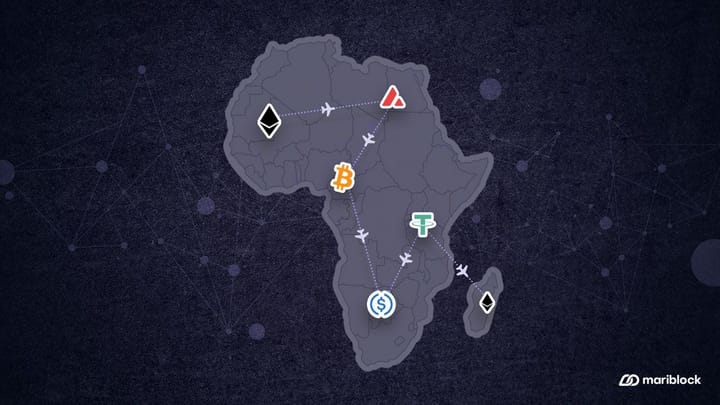Kenya to host PAPSS, an African cross-border payment infrastructure
PAPSS allows African traders to settle deals using their respective national currencies.

ℹ️
Editor’s note: This story is part of Mariblock’s “State of Fiat” coverage. Digital assets such as bitcoin are seen as competitors to central bank money. Therefore, we consider informing our audience of the state of their local currencies worthwhile.
President William Ruto has proposed Nairobi as the headquarters of the Pan-African Payment Settlement System (PAPSS).
The newly launched infrastructure for African cross-border transactions will be adopted across the continent in February.
Key quote
- Ruto speaking at the African Continental Free Trade Agreement (AfCTFA) conference in Nairobi, said:
“[At] the African heads of state assembly in February next year, we will be adopting the Pan African Payments [and Settlement] System that has been crafted by Afreximbank as the instrument that will allow this continent to trade in our local currencies and avoid the loss of about five billion shillings in trying to transact in different currencies.”
Be smart
- After conducting pilots in six West African countries, the African Export-Import Bank (Afreximbank) launched PAPSS commercially in 2022 as an infrastructure to support the AfCTFA.
- In principle, PAPSS is a centralized payment structure that incorporates the central banks of participant African countries and allows cross-border transactions among them to be settled in their respective local currencies.
- This eliminates the need for senders and receivers to convert their local currencies to a third-party currency, such as the United States dollar (USD).
How it works
- When individuals initiate a cross-border transaction to another African country with their local bank, the payment instructions are sent to PAPSS.
- After conducting the necessary checks, the system routes the payment instructions to the recipient’s bank for settlement in their local currency.
- On the backend, commercial banks and financial institutions open a prefunded PAPSS settlement account with their central bank.
- When a local bank initiates a payment instruction with the central bank, the central bank instructs PAPSS to credit the recipient’s account as appropriate.
- At the end of each day, PAPSS debits and credits the central banks involved as appropriate and in their local currencies through central bank accounts held in Afreximbank.
Why this matters
- Trade among African countries amounts to only 15% of all African imports and exports, suggesting that local traders would trade outside the continent rather than with counterpart countries.
- This is not unconnected with the difficulties around intra-African payments. In what is the highest in the world, cross-border payments among African countries come with an average 8.9% transaction fee.
- In 2017, only 12% of payments were cleared within the continent, with most payments converted first to foreign currency before being transferred and converted again to the recipient’s local currency.
- This alone adds an estimated $5 billion cost to these transactions annually.
- By settling these payments in local currency, PAPSS could help African traders save on costly offshore currency intermediaries.



